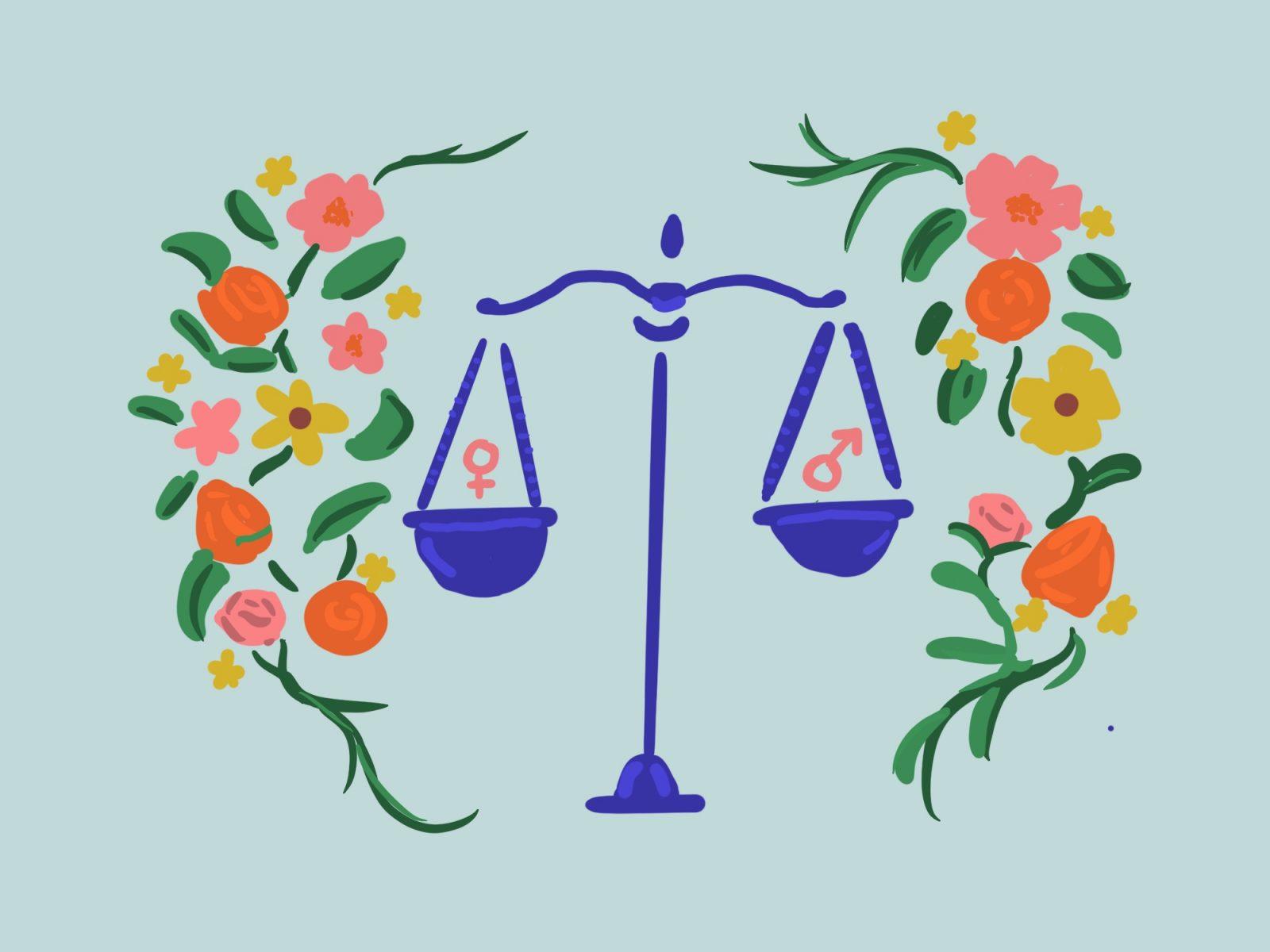Op-Eds do not reflect the editorial opinion of The Daily Free Press. They are solely the opinion of the author(s).
Donald Sarra is a 2018 Boston University alum.
I remember a conversation I had with my best friend Jordan last summer as the Boston University Class of 2019 was graduating. I remember telling her how I regretted devoting so much time to the cultural organization we were a part of, the BU Filipino Student Association. I was convinced all the time I spent being an active member and leader of the club robbed me of the academic accolades I should have achieved. Jordan yelled at me for saying that.
As a current graduate student studying student development theory, I can now see I wasn’t robbed of anything. In fact, I now recognize that without BUFSA, I probably wouldn’t have made it to graduation.
My college experiences, especially in my first year, taught me the impact of cultural organizations. Entering BU was the toughest transition of my life. It was the first time I was ever away from my family, but I was so confident I would easily succeed as I had done in high school. I didn’t think I needed anyone or any group. I was wrong.
At a time when budget cuts are prevalent on campuses because of the financial strain brought on by COVID-19, universities must continue to invest in and increase their support for cultural affinity groups. These organizations are bright beacons of belonging on vast campuses like BU — which has nearly 17,000 undergraduates — where it is inevitable students will get lost.
Cultural organizations reflect systems of support and familiarity that are critical in facilitating a sense of belonging on campus for students. Transitioning to college can be particularly challenging for students who may not see themselves in the demographics of the campus. Cultural organizations provide these inclusive spaces.
Research tells us there is a positive effect when students are surrounded by others who share familiar stories, backgrounds and identities. Students can navigate the transition to college, celebrate special holidays, reminisce about childhood experiences and think through potentially uncomfortable interactions they may experience with their white peers or faculty members.
Equipped with a shared ethnic-racial identity, students can rely on one another for empathy and support to navigate situations that might threaten their sense of belonging.
BUFSA provided me the space to feel a sense of belonging on campus, which was something I was direly missing in my first few weeks at BU. Though I initially resisted the invitations of fellow Filipinos to the club’s previous events, the loneliness I felt during one cold October night pushed me to seek out someone, anyone. Luckily, BUFSA was having a Halloween-themed event for freshmen that night. I swallowed my hesitation and went.
At the event, I encountered lumpia — the tastiest Filipino dish you will ever have — other freshmen speaking Tagalog and, most importantly for me, upperclassmen who welcomed this new batch of students with open arms.
While there was no particular agenda for the night, simply being around others who looked and sounded like me, laughed at the same jokes I suffered through growing up and shared the same worries about disappointing families with bad grades made me feel like I somehow belonged.
Universities will benefit greatly from students who feel like they belong. The investment in cultural organizations universities make will pay them back handsomely. If students feel as if they belong on campus through spaces provided by cultural organizations, they will perform better. They will persist at greater rates through their college journeys and find the transformative college experience promised by these institutions.
Right now, in a time of social isolation and deep racial tension, cultural organizations are more important than ever. They are necessary safe havens to explore and negotiate what is happening in the world and where students belong in the current narrative. Universities must ensure they are doing their part to maintain and expand the capacities of these organizations so they can support students.
I think back to the conversation I had with Jordan last year. I was silly to think my GPA meant everything, and even sillier to think my time in BUFSA was the culprit that brought down my grades. In reality, it was in those times when I felt the deepest sense of belonging that I performed the best in my academics. I gave BUFSA a sliver of my time when I was in college, and in return, it gave me my best friends, fondest memories and a home I can and do always go back to — even as an alum.





















































































































